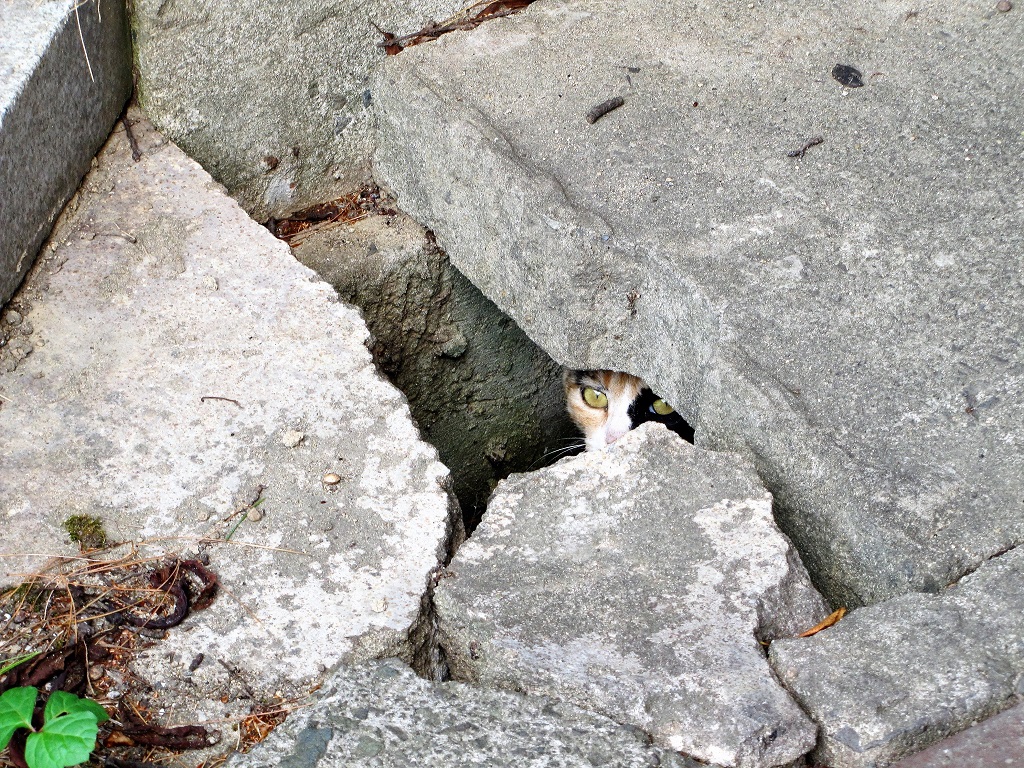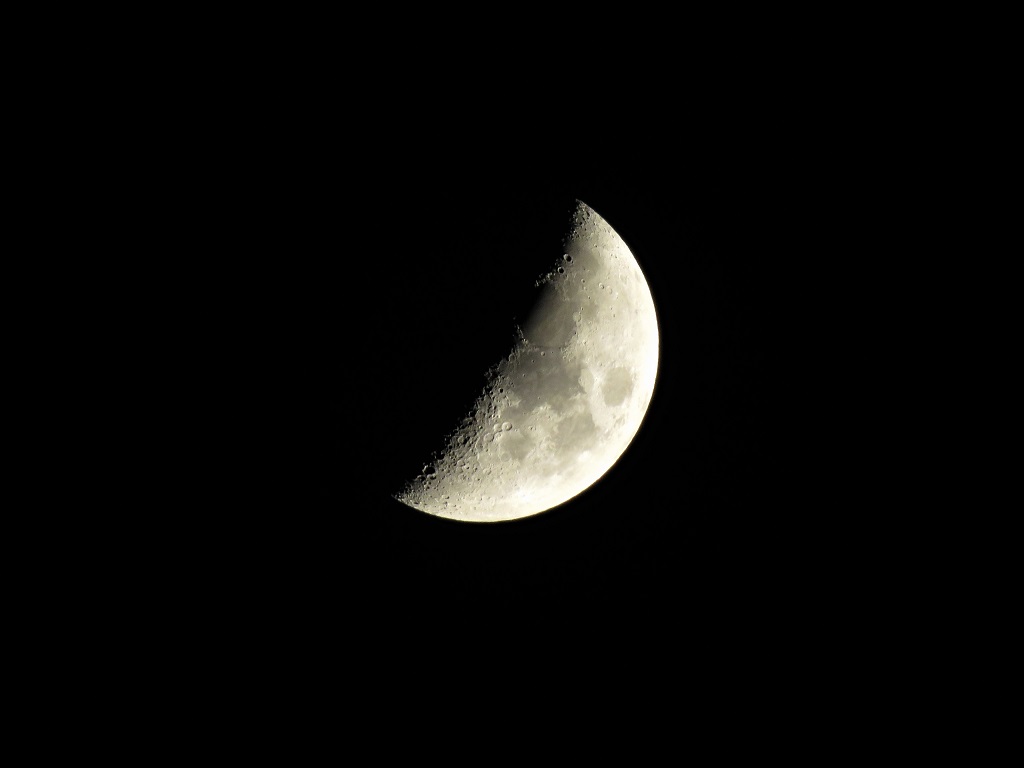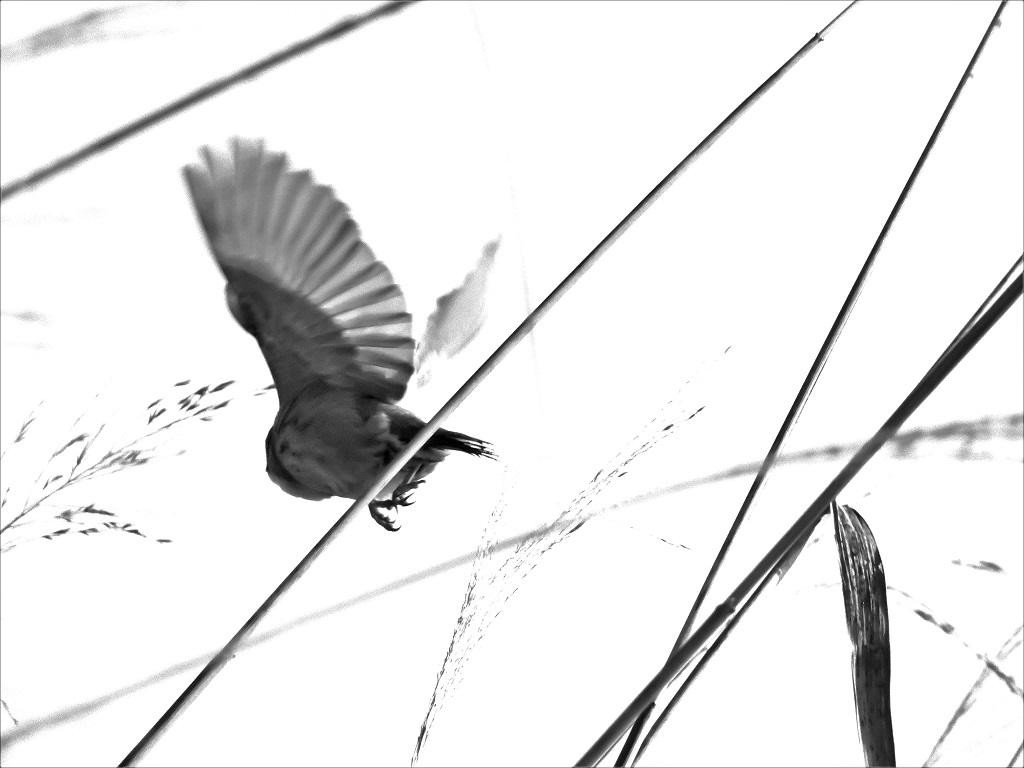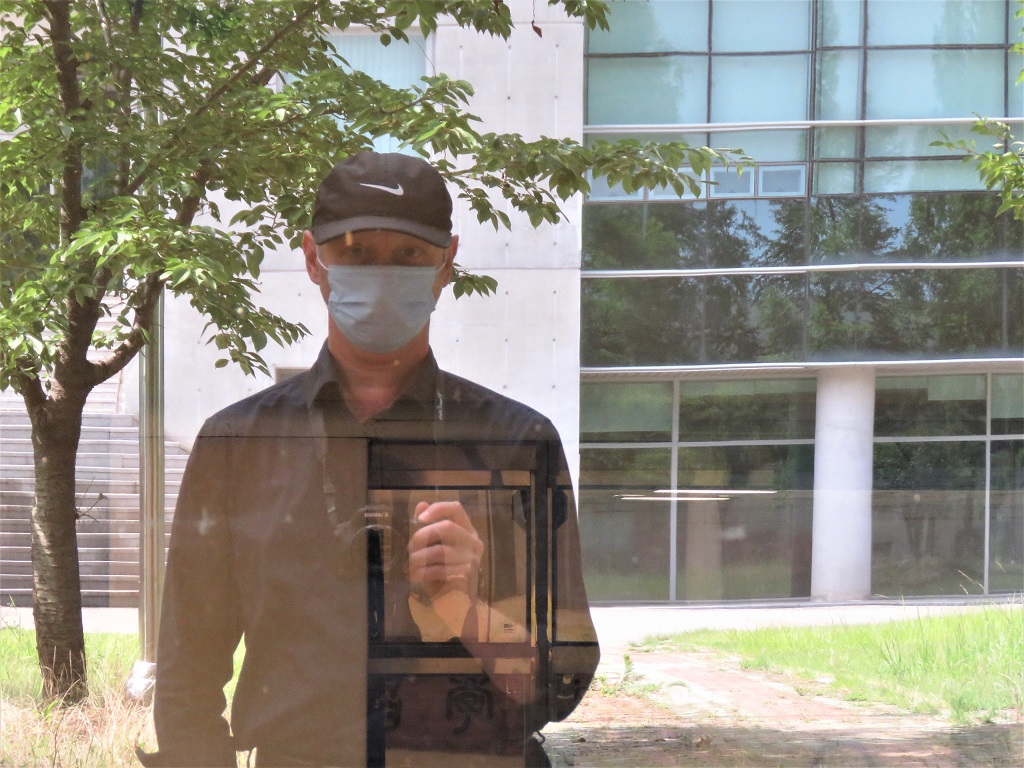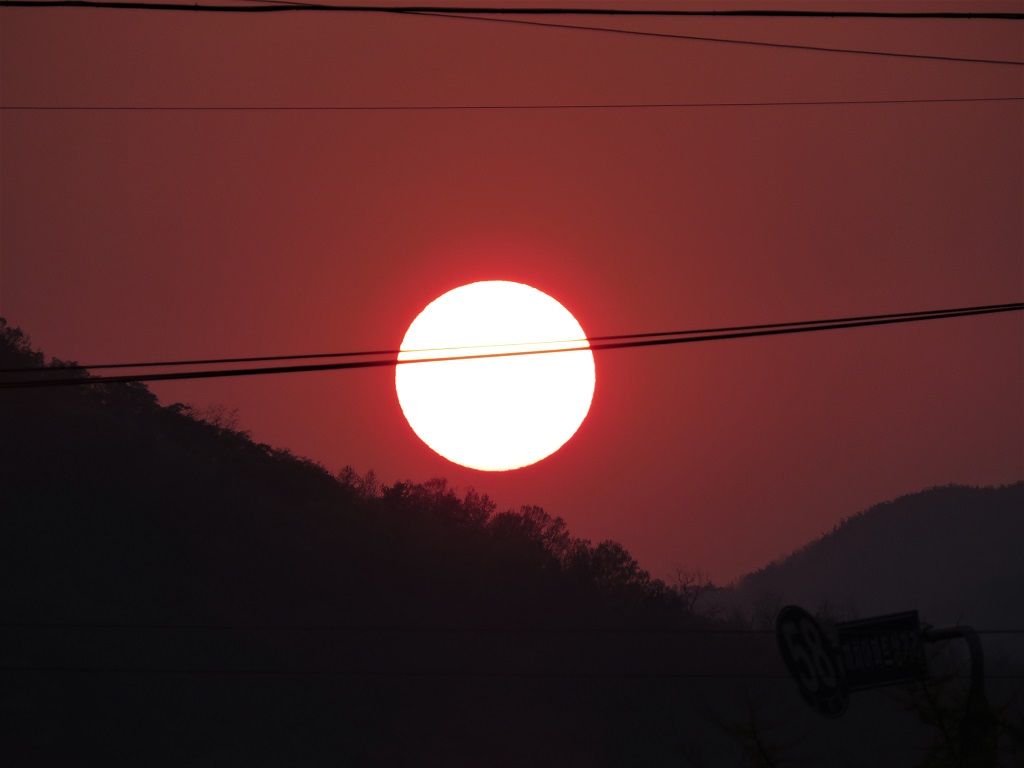Two Deaths, Two Kaleidoscopes
Drug advocates who justify their pleasure-seeking or escapism with notions of a “higher consciousness” which they believe may be achieved through chemicals, seem to me much like a man who looks through a kaleidoscope and believes he has discovered the true world. If only insight and understanding were so simple. On the contrary, it would be more plausible to say that we must...


